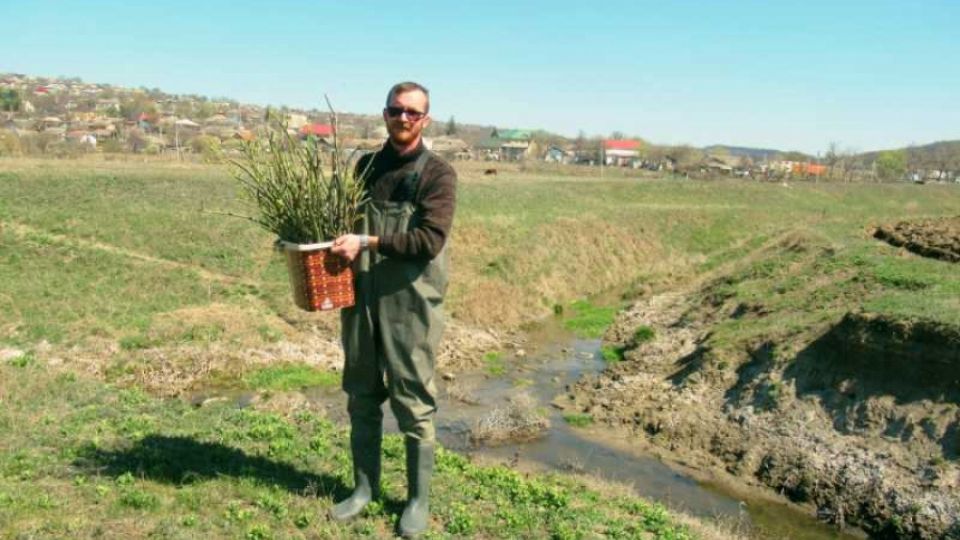In March and April 2020, Moldovan environmental activists came twice to the village of Balabanesti to plant willows by the Dniester river. Planting trees along the watercourses helps to restore landscape and balance in the nature that suffers from weather extremes and to protect local communities from impacts of the climate change. During these two events, 10 people (limited number of participants due to coronavirus situation) planted more than 400 willows and another 500 seedlings are prepared for autumn.
➠ See more photos from the willow planting HERE
Moldova is one of the countries that are most at risk from climate change. The majority of its population (60 %) lives in the countryside, which is increasingly suffering from extreme droughts and floods. Moldovan rivers are key to improving this situation - the quality of life of a large part of the population depends on the quality of their water and they are crucial for agriculture. One of the ways to protect the rivers is to plant trees that can protect the surrounding landscape from floods and alleviate such destructive climate extremes.
“Usually, small rivers in Moldova do not have the green belt protection, so they are seriously suffering from desertification due to climate change and unsustainable territorial management. Raising of the forest coverage is the only way of adapting to climate change and prevention of the degradation of water resources. We therefore see the afforestation of the country as the only option to solve the issue of the preservation of national agriculture and people's wellbeing,” explains co-organizer of the events Ilya Trombitsky, chairman of Moldovan network of civic initiatives for river protection Eco-TIRAS.
Our activities are funded by the Ministry of Foreign Affairs of the Czech Republic from the Transition Promotion Program.
![]()







